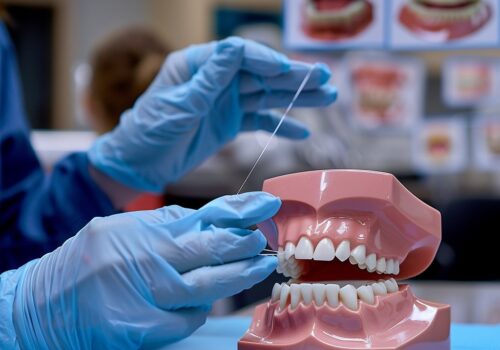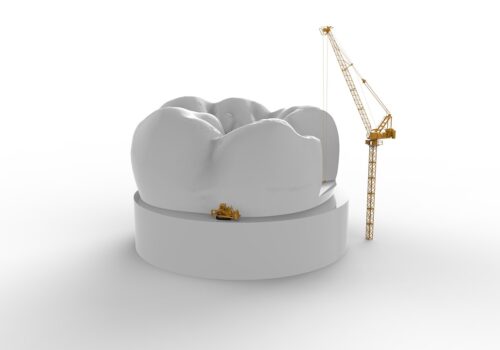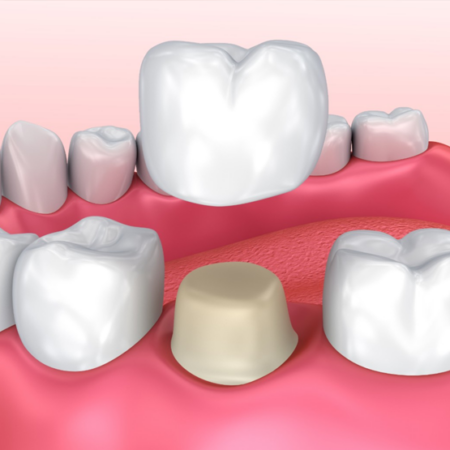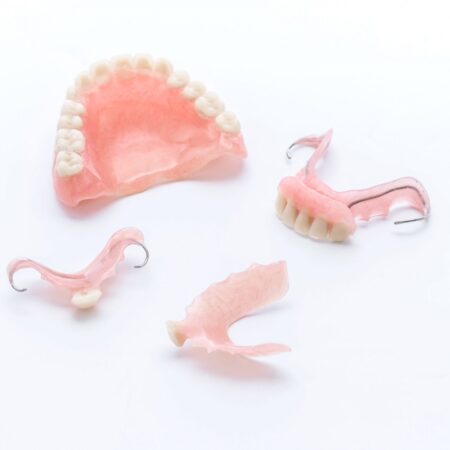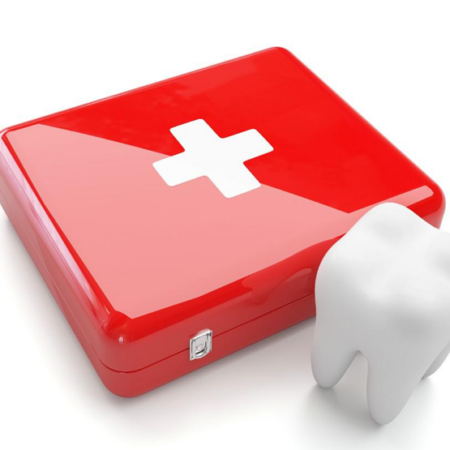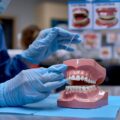Understanding Overbite in Dentistry: What You Need to Know
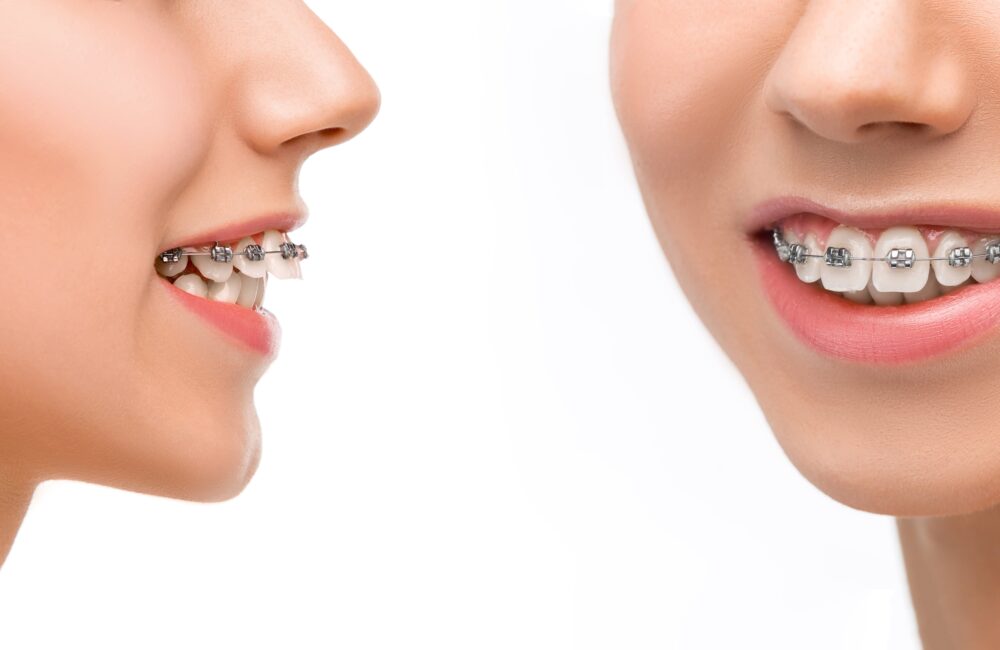
In the world of dentistry, understanding various dental issues is crucial for maintaining optimal oral health. One common concern that many people encounter is an overbite. In this blog post, we’ll explore what an overbite is, its causes, and the available treatments to help you achieve a healthier smile.
What is an Overbite?
An overbite, also known as a deep bite, is a dental condition where the upper front teeth significantly overlap the lower front teeth when the mouth is closed. This condition is a type of malocclusion (bad bite) and can range from mild to severe.
Types of Overbites
There are two main types of overbites:
- Dental Overbite: This occurs when the upper teeth extend significantly beyond the lower teeth.
- Skeletal Overbite: This type results from a discrepancy in the size or position of the upper and lower jaws.
Causes of Overbite
Several factors can contribute more on it, including:
- Genetics: Inherited traits can influence the development of an overbite.
- Thumb Sucking: Prolonged thumb sucking in children can affect tooth alignment.
- Jaw Misalignment: Abnormal jaw growth or alignment issues can lead to it.
- Tooth Loss: Missing teeth can disrupt the natural bite alignment.
Signs and Symptoms
Common signs include:
- Excessive wear on the upper or lower teeth
- Difficulty biting or chewing
- Speech problems
- Jaw pain or discomfort
Diagnosis and Treatment
Diagnosis and Treatment
Dentists use various methods to diagnose it , including physical exams, X-rays, and dental impressions. Once diagnosed, treatment options can vary based on the severity and underlying cause.
Treatment Options
- Braces: Traditional metal braces or clear aligners can help correct it by gradually shifting the teeth into the proper position.
- Retainers: After braces, retainers may be used to maintain the corrected bite.
- Orthognathic Surgery: For severe skeletal overbites, surgery may be necessary to reposition the jaw.
- Cosmetic Dentistry: In some cases, veneers or bonding may be used to address cosmetic concerns related to an overbite.
Preventing Overbite Issues
Preventive measures include maintaining good oral hygiene, avoiding thumb sucking, and scheduling regular dental check-ups to monitor bite changes.
Conclusion
An overbite is a common dental issue with various causes and treatments. If you suspect you have it or are experiencing related symptoms, consult with a dental professional to determine the best course of action for your specific needs.




